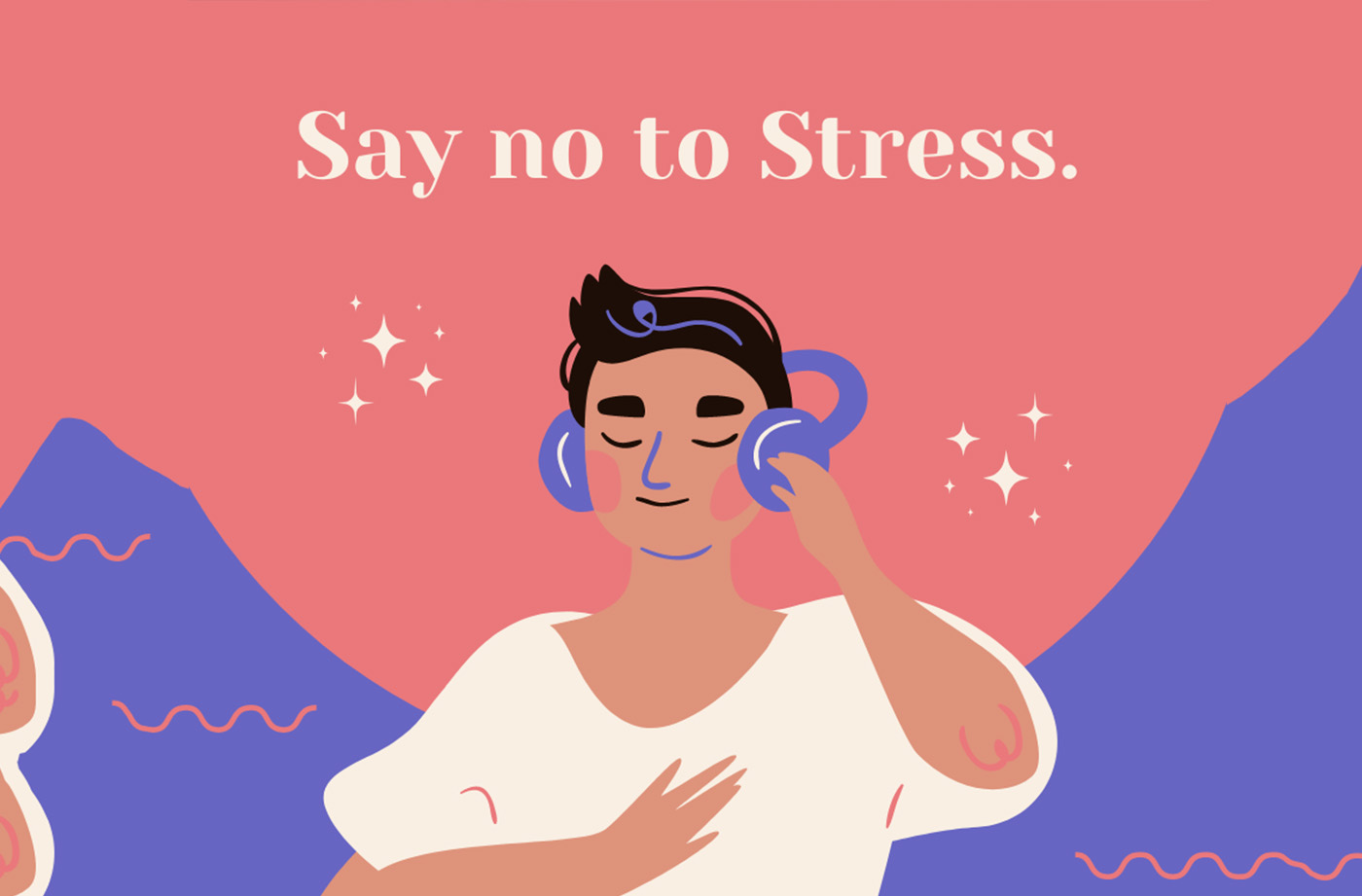Introduction:
In today’s fast-paced society, stress has become a constant companion. Juggling multiple responsibilities, meeting deadlines, and dealing with various pressures can take a toll on our physical and mental well-being. However, by implementing effective stress management strategies, we can regain control and cultivate inner peace. In this blog post, we will explore practical tips and techniques to help you manage and reduce stress in your daily life.
- Understand the Sources of Stress: To effectively manage stress, it’s essential to identify the sources triggering it. Spend some time thinking about the things that make you feel stressed. Is it work-related pressure, relationship issues, financial concerns, or a combination of factors? Awareness of these stressors is the first step toward finding effective solutions.
- Prioritize Self-Care: Self-care is essential for stress management; it is not a luxury. Make time for pursuits that promote your emotional, mental, and physical well. Engage in regular exercise, practice relaxation techniques like deep breathing or meditation, prioritize quality sleep, and fuel your body with nourishing foods. Do not forget that self-care is an essential investment in your general wellbeing.
- Establish Healthy Boundaries: Setting boundaries is crucial for managing stress. Learn to say no to activities or commitments that overwhelm you. Prioritize your own needs and create a healthy balance between work, personal life, and leisure time. Setting clear boundaries will help you manage your time and energy more effectively, reducing stress levels.
- Practice Stress-Reducing Techniques: Discover stress-reducing techniques that resonate with you. Experiment with different practices such as yoga, journaling, mindfulness, or engaging in hobbies that bring you joy. These activities can help redirect your focus, promote relaxation, and provide a much-needed break from daily stressors.
- Foster a Supportive Network: Social support plays a significant role in managing stress. Develop connections with people who inspire and encourage you. Share your concerns with trusted friends or family members, and seek their guidance when needed. Additionally, consider joining support groups or seeking professional help if stress becomes overwhelming.
- Time Management and Organization: Stress can be exacerbated by poor time management. Learn effective time management techniques, such as prioritizing tasks, breaking them into smaller, manageable chunks, and delegating when possible. Additionally, adopt organizational strategies like creating to-do lists, using calendars, or digital tools to stay on top of your responsibilities and reduce stress associated with disorganization.
- Adopt Healthy Coping Mechanisms: Unhealthy coping mechanisms like excessive alcohol or substance use, emotional eating, or withdrawing from social interactions may temporarily alleviate stress but have negative long-term effects. Instead, focus on adopting healthy coping mechanisms such as exercise, engaging in creative outlets, seeking emotional support, or practicing relaxation techniques.
- Adjust Your Perspective: Sometimes, stress arises from how we perceive situations. Challenge negative thought patterns and strive to adopt a more positive and resilient mindset. Practice reframing stressful situations, focusing on solutions rather than dwelling on problems. Cultivating gratitude and practicing self-compassion can also help shift your perspective and reduce stress.
Conclusion:
While it’s impossible to eliminate stress completely, managing and reducing its impact on our daily lives is within our reach. By incorporating these practical strategies into your routine, you can regain a sense of balance, promote well-being, and find peace amidst life’s challenges. Remember, prioritizing self-care, seeking support, and adopting healthy coping mechanisms are key ingredients to effectively manage stress and live a more fulfilling life.








Leave A Comment